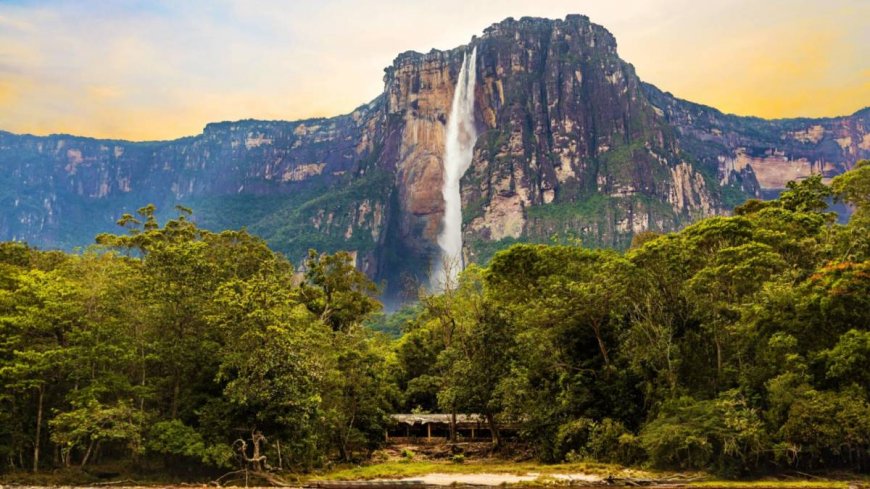Popular vacation destination slapped with ‘do not travel’ advisory
Level Four is the highest advisory level issued by the State Department.

Prior to the hyperinflation crisis that escalated during President Nicolás Maduro’s presidency and resulted in widescale protests and mass migration from the country, Venezuela was a popular holiday destination.
The South American nation is known for everything from gothic cathedrals to dozens of islands with pristine beaches and Angel Falls, the world’s tallest uninterrupted waterfall. Even during the worst of the economic crisis, 429,000 international tourists came to Venezuela in 2017 while that number rose to 1.25 million in 2023.
Related: Flying to Spain? There is a new passport travel advisory
But, as the State Department recently reminded visitors in a renewed “do not travel” advisory, Venezuela is not a safe destination for Americans to visit after the U.S. ended diplomatic relations over Maduro being re-elected in a process widely considered to be corrupt and illegitimate.
State Department reminds travelers that it has ‘no ability to provide emergency services’
The State Department ranks foreign countries according to four levels ranging from “exercise normal precautions” to Level Four’s “Do Not Travel” reserved for war zones and authoritarian governments.
More on travel:
- Another National Park just made it more difficult for you to visit
- Delta Air Lines makes a baggage change that travelers will like
- United Airlines passenger incident triggers quick response
“In March 2019, the U.S. Department of State withdrew all diplomatic personnel from U.S. Embassy Caracas and suspended operations,” writes the government agency. “All consular services, routine and emergency, remain suspended until further notice. The U.S. government has no ability to provide emergency services to U.S. citizens in Venezuela.”
The “Do Not Travel” advisory has been in place for five years now but, according to the State Department, has been reissued after “routine process review” that found the country’s political situation and general safety much the same amid both general crime and instability and anti-American sentiment over the government not recognizing Maduro.
Related: Royal Caribbean has stopped going to this popular port
‘U.S. government is not generally notified of the detention of U.S. citizens’
“The Department has determined there is a high risk of wrongful detention of U.S. nationals in Venezuela,” the State Department wrote further while also adding that “violent crimes such as homicide, armed robbery, kidnapping and carjacking are also common .... Security forces have detained U.S. citizens for up to five years. The U.S. government is not generally notified of the detention of U.S. citizens in Venezuela or granted access to U.S. citizen prisoners there.”
According to the State Department, the situation in the country is so dangerous that any citizen who chooses not to heed the warning and go to Venezuela anyway needs to establish a “proof of life” contingency plan with family or work acquaintances in which other people will know what questions to ask if one is taken hostage. In cases of kidnapping and hostage-taking, the term proof of life refers to a definitive way to show that someone who was taken hostage is alive. Often, this is a video of a hostage holding a phone showing the current date or time or answering specific questions that only the person being held can answer.
“Develop a communication plan with family and/or your employer or host organization,” the State Department writes. “Establish a ‘proof of life’ protocol with your loved ones, so that if you are taken hostage, your loved ones know specific questions (and answers) to ask the hostage-takers to be sure that you are alive (and to rule out a hoax).”
Related: Veteran fund manager picks favorite stocks for 2024
What's Your Reaction?



























































